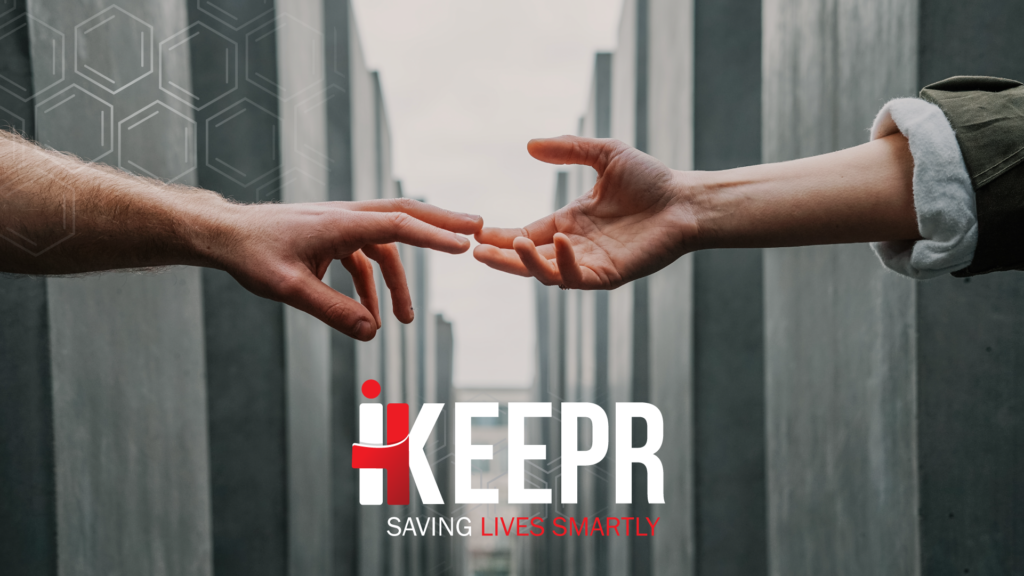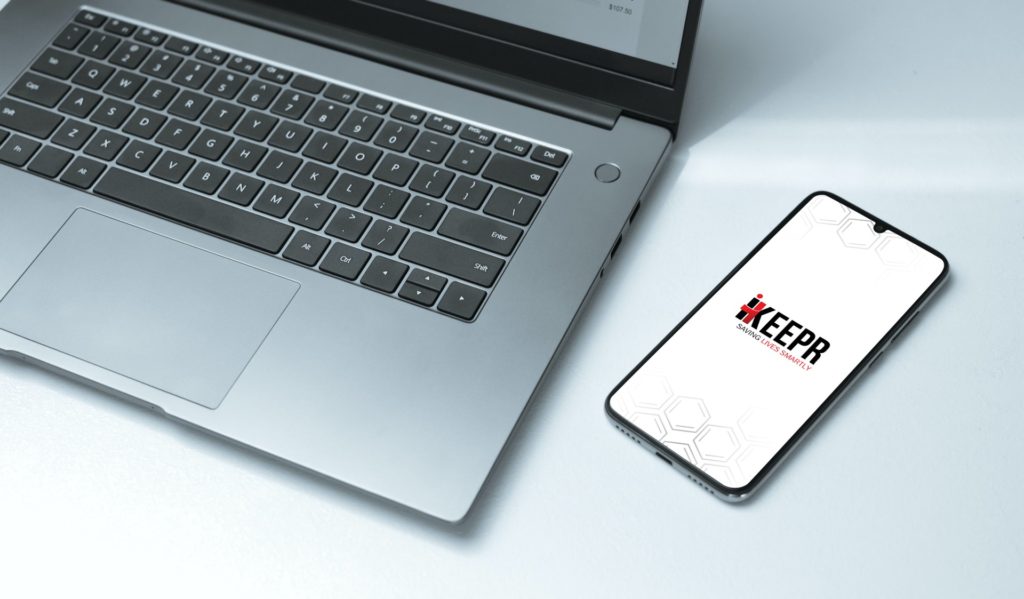
Digital health apps are becoming more popular as technology advances. If we talk about any part of healthcare, there isn’t a single field that doesn’t use technology these days. Saving lives is becoming safer and easier as a result of all of these technical improvements. In the United States, a variety of digital health apps are now listed first. As alarming as these fatality rates may appear, digital health apps are working on reducing overdose deaths. There is a slew of digital health apps available specifically to save lives in the event of an emergency. These applications act as a savior and provide medical assistance in the form of life-saving techniques and guides.
What are the advantages of digital health apps?
Digital health offers the ability to help individuals monitor and manage chronic illnesses while also preventing disease and lowering healthcare expenses. It can also personalize medicine for each patient.
- Get useful insights on signs, symptoms, and causes of certain illnesses
- Maintain your health records and monitor them through mobile applications or medical devices
- Maintain patient records and history and acquire access whenever you’d like
- Online consultation and appointments with doctors from around the globe.
- Get life-saving advice and a guide to help you avoid overdosing in an emergency.
List of digital health apps in the US:
iKeepr:
iKeepr Digital Health App strives to help those who become unresponsive as a result of drugs. If the user does not respond to the app’s timer, it will automatically alert all emergency contacts by sending SMS. Furthermore, iKeepr also allows nearby people to respond to an emergency.
Mobile MIM
The health app is supposed to strengthen physician access to image scans to help them consult peers on challenging cases, reduce image distribution delays, and share images with referring physicians, partner institutions, and patients.
AliveCor
AliveCor turns your smartphone into an electrocardiogram by snapping onto the rear of any iPhone. To cater to cardiac measurements, the user presses the device against the skin found near the center.
WellDoc
This device works by capturing blood-glucose information and transmitting it in real-time. WellDoc’s system analyzes the data and offers a personalized coach to help patients manage their medication and treatment. It also promotes interaction between healthcare professionals and patients by assessing where users need help most.
To sum up, digital healthcare apps and other digital health innovations are assisting us in living better, safer, and more productive lives. In comparison to earlier forms of healthcare facilities, the effects of connected devices, mobility, wearable gadgets, and other systems have become so impactful and significant that most advanced medical facilities equipped with the latest healthcare practices and technologies inspire patients and care providers alike. Hence, it is safe to say that modern advancements have had a significant impact on the healthcare business as a whole.



